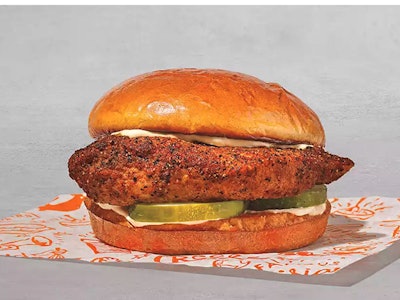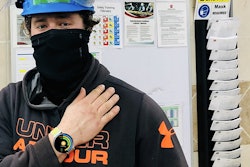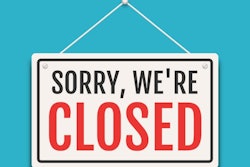
The demand for chicken sandwiches at Canadian quick service restaurants (QSR) has been so high, Maple Leaf Foods has had to say no to customer requests for further-processed chicken products for use in those sandwiches.
Speaking during a quarterly earnings call on May 4, Maple Leaf Foods CEO Michael H. McCain addressed the supply and demand challenges brought on by the chicken sandwich wars.
“The further processed poultry business, particularly in foodservice in Canada, is on fire,” McCain said. “The cornerstone of most QSR menu strategies today is growth in further processed chicken. Chicken sandwiches are the in thing, and we don’t have the capacity, and we’ve had to turn down business, and we’ve been unable to meet the burgeoning demand in that category.”
But that doesn’t mean that the company hasn’t considered adjusting its current capacity to meet that demand.
“Most of the footprint at two of our plants, for example, has the swing capacity with minor adjustments in the equipment … that are needed to exactly meet that capacity with the demands,” he said.
But he also noted that making those equipment modifications so they could process the specific cuts requested is not as simple as “an immediate turn of the switch.”
Nor is it that simple “to call up a customer that you’ve been constraining demand, and say, ‘Hey, I can fill that demand tomorrow.’ There’s some lead time attached to that,” he said.
McCain identified the two plants with swing capacity as the Walker Drive plant in Brampton, Ontario, and the former Viau Foods plant in Montreal, Quebec.
Also during the earnings call, McCain addressed questions concerning the financial impacts Maple Leaf Foods may face as a result of the highly pathogenic avian influenza outbreak in Canada and the conflict between Russia and Ukraine.
McCain will step down as CEO of the company in 2023 and will be succeeded by Curtis Frank.

















